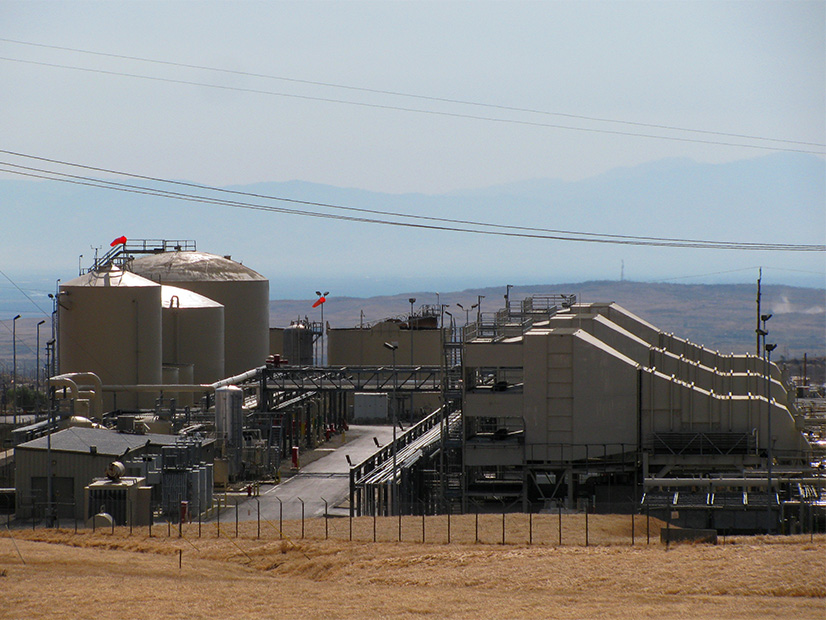
The CAISO Board of Governors on Wednesday extended reliability must-run (RMR) contracts for a group of small, aging natural gas plants that the ISO says are needed for summer grid reliability.
The generating units have capacities of 27.5 to 248 MW, with most on the low end of that range.
“The Board’s action is part of its focus, along with state energy agencies, to make sure all available generating capacity can be used during the summer months, when stressed conditions on the grid are most common,” CAISO said in a news release.
RMR contracts require power plants to continue operating to meet systemwide and local capacity needs for the term of the agreements in return for additional compensation.
The governors made their decision during an unusually short monthly meeting held on the same afternoon as a severe heat wave descended on the West and the ISO issued its first energy emergency alert of the summer.
The ISO’s original approval of the RMR contracts, starting in 2019, was part of its push to keep all available resources running after the ISO projected possible summer shortfalls from 2020 through at least 2024. Energy emergencies in August and September 2020 and again in July 2021 appeared to confirm those projections.
Generators can be released from RMR contracts if they sign resource adequacy capacity contracts, another way of ensuring they keep operating.
“Total capacity and the number of resources under reliability must-run contracts with the ISO has been significantly reduced since the implementation of the state’s resource adequacy program and the addition of new grid facilities,” Neil Millar, CAISO vice president of infrastructure and operations planning, said in his memo to the board. “However, reliability must-run contracts remain an important backstop instrument to ensure reliability when other alternatives are not viable.”
The plants for which contracts were extended through 2023 are the California State University-Channel Islands Site Authority’s Channel Islands Power plant (27.5 MW), Starwood Energy Group’s Greenleaf II Cogen plant near Yuba City (49.2 MW), Dynegy Oakland’s Units 1 and 3 (55 MW each), and two Midway Sunset Cogen units in a Kern County oil field (totaling 248 MW).
Another unit, the KES Kingsburg, LP Kingsburg Cogen plant (34.5 MW) will be released from its RMR contract at the end this year after signing a multiyear resource adequacy capacity contract.
“The Dynegy Oakland resources are required to meet the 2023 local capacity requirement in the Oakland sub-area of the Bay Area local area,” pending the completion of transmission projects and a 55-MW battery system, Millar wrote.
“Greenleaf II Cogen continues to be required to meet the 2023 local capacity requirement in the Drum-Rio Oso sub-area of the Sierra local area,” he said. “The sub-area local capacity requirement was determined to be 750 MW, and there are only 558 MW (553 MW at peak) of total available resources in the sub-area including the Greenleaf II Cogen unit.” A 230/115-kV transformer project is expected to mitigate the reliability need by March 2024, he said.
CAISO needs the Channel Islands and Midway Sunset units to meet 2023 and 2024 systemwide reliability requirements.
“The critical concern at this time is the dependence on a significant volume of new construction required in 2026 — over 6000 MW of additional net qualifying capacity — to meet the mid-term reliability authorization amounts set out [in a decision] by the [California Public Utilities Commission],” the memo says.
“Further, this development is coming on the heels of two years of already aggressive development to meet 2022 and 2023 requirements. If half of the 2024 procurement is delayed, the ISO would fall below the [necessary] 18.5% planning reserve margin requirement. … Management considers this to pose a risk to reliability at this time.”
CAISO also is talking with the governor’s office about making the units part of the state’s new multibillion dollar strategic reliability reserve in hopes of avoiding the RMR extension, Millar said.


